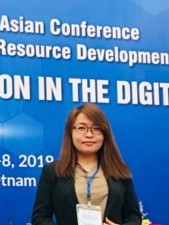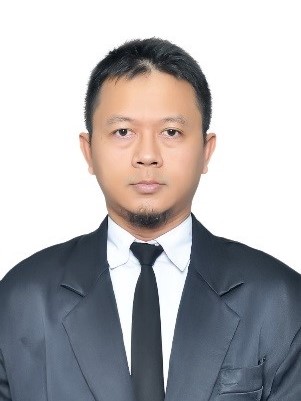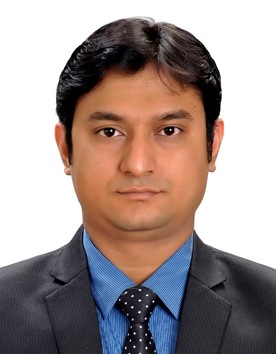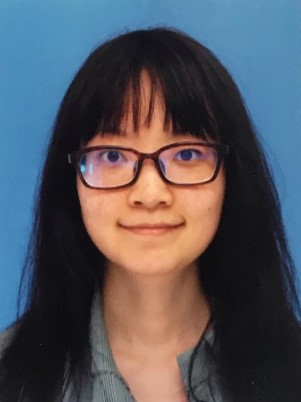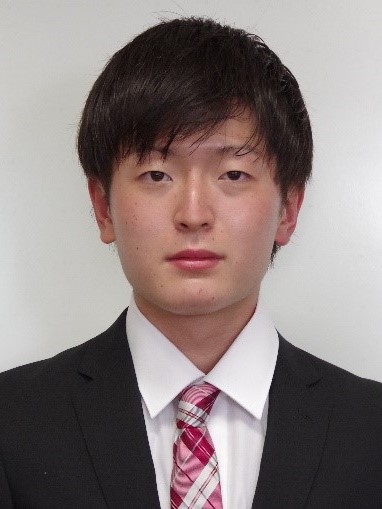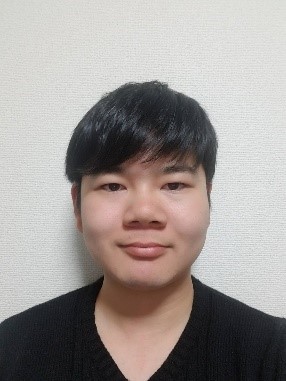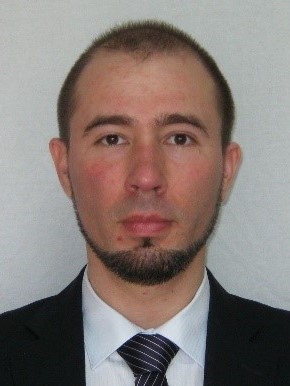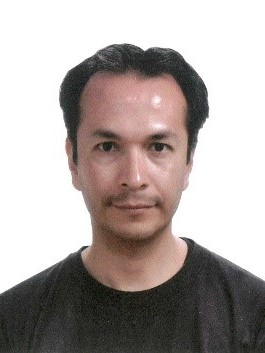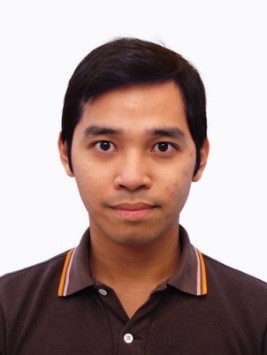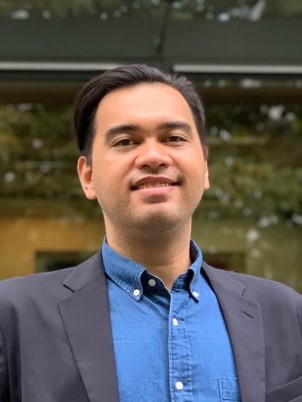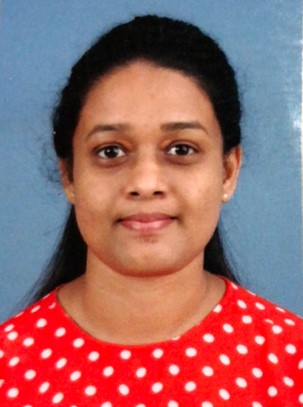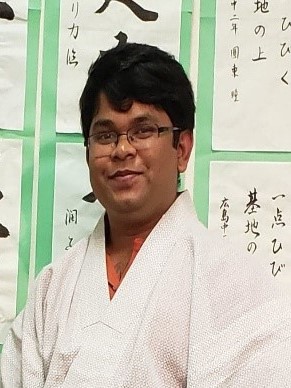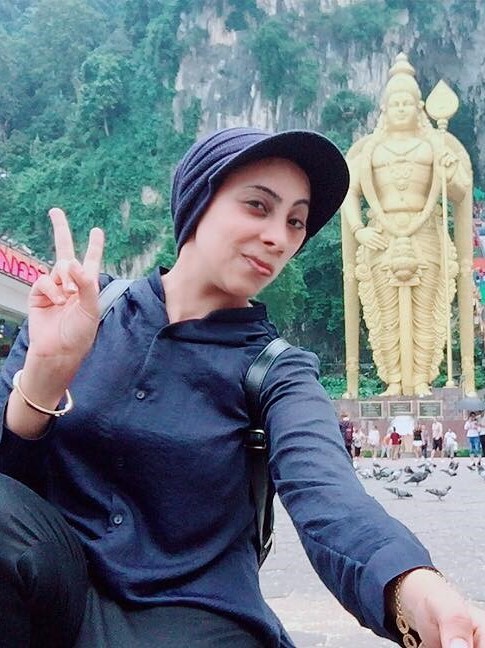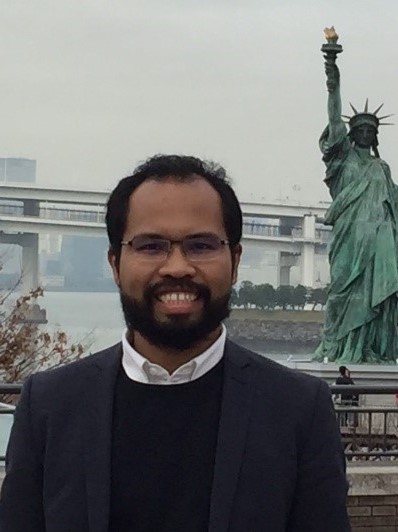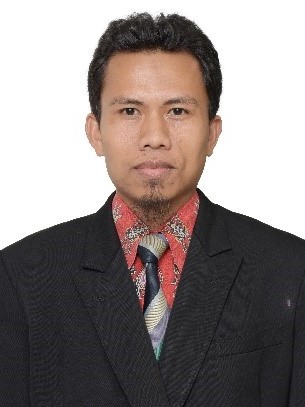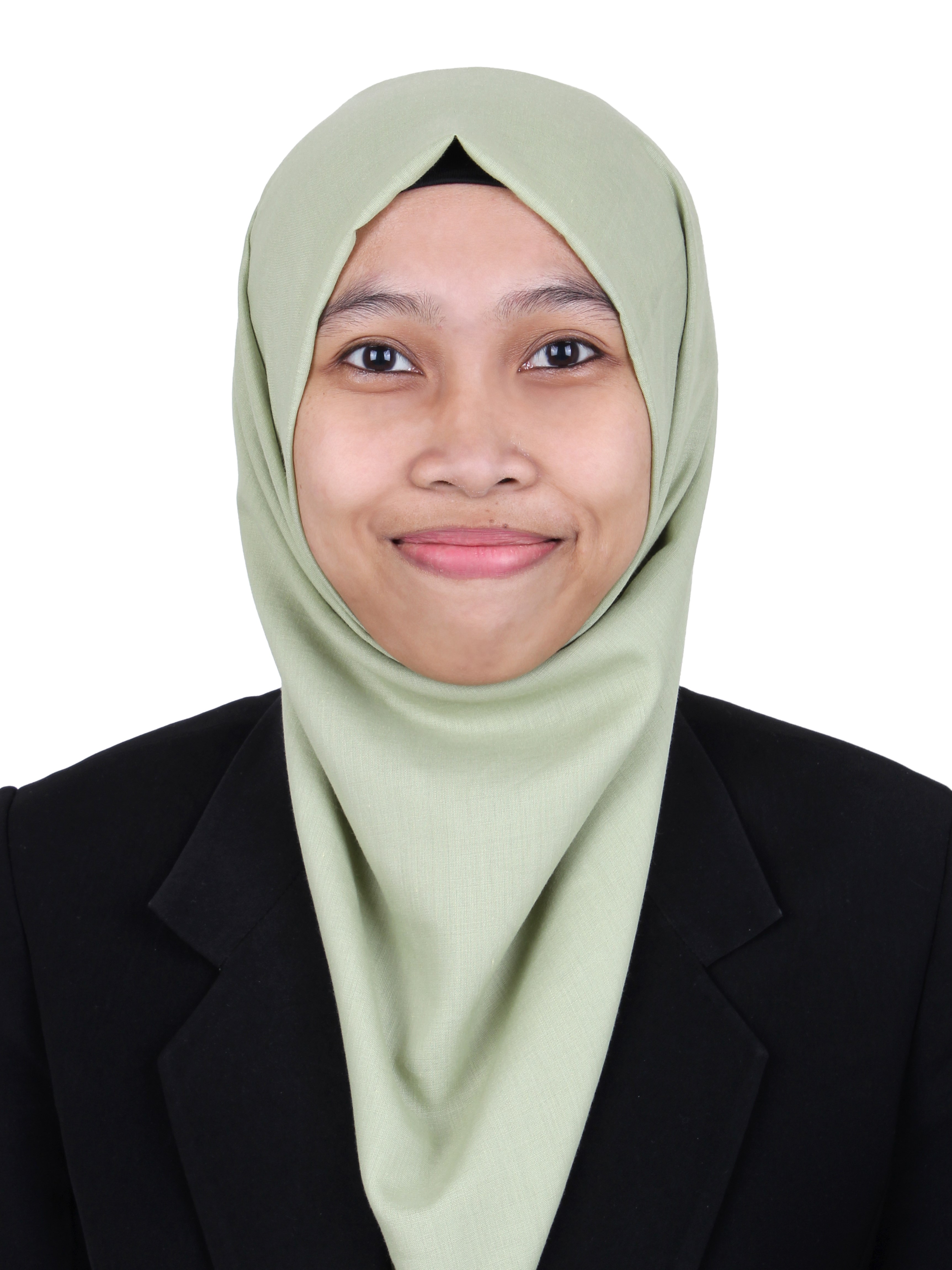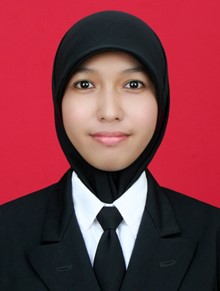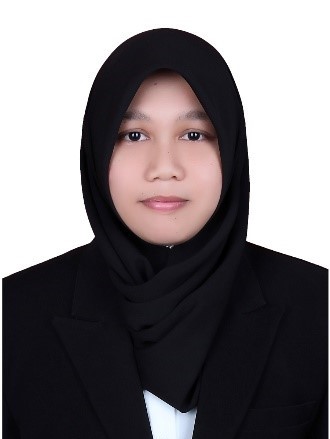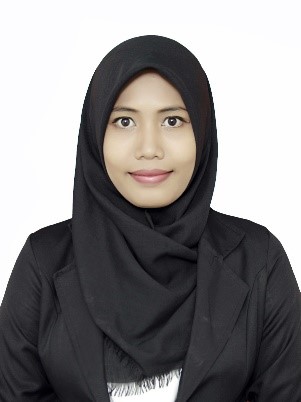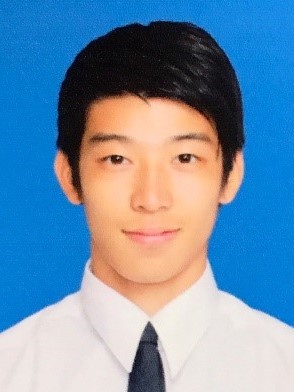L1 Transfer towards L2 Acquisition: A Study of Brebes Javanese Dialect towards English Vowels Pronounciation: Seminar Tahunan Linguistik (Annual Linguistics Conference) in UPI (Universitas Pendidikan Indonesia), Bandung, Indonesia
Seminar Tahunan Linguistik (Annual Linguistics Conference) was held in Universitas Pedidikan Indonesia (UPI), Bandung, Indonesia on June 29 – 30, 2019. It was an international linguistics conference jointly organized by the Linguistics Department of the School of Postgraduate Studies Indonesia University of Education, and the UPI Commissariat of Masyarakat Linguistik Indonesia, an Indonesian Linguistics Organization. The conference aims to provide space for national and international experts and practitioners who have a keen interest on language related phenomena to diseminate and share ideas related to current issues in the study of language (source: setali.event.upi.edu). At that conference, I presented my idea on the area of Second Language Acquisition. The title of my presentation was “L1 Transfer towards L2 Acquisition: A Study of Brebes Javanese Dialect towards English Vowels Pronounciation”. This study was conducted considering the phenomenon in which most of English learners may have an ability to pronounce English speech sounds properly and may have problems to pronounce them. One of the influential factors is the First Language (L1) interference as it is stated also by Ramelan (1999). He states that
The difficulty encountered by the student in learning a second language can be caused by the different elements between TL (target language) & NL (native language), the same sounds having different distributions, the same sounds between NL and TL but allophonic in TL, similar sounds between NL and TL with slightly different quality, or the same sounds between NL and TL when occurring in cluster.
Therefore, the study was conducted under the consideration that L1 may influence Second Language (L2) acquisition either positively or negatively. The aim is to investigate the influence of Brebes Javanese Dialect (BJD) towards students’ pronunciation of English vowels. The problem discussed in the study was “what are English vowels influenced by BJD?”. The subjects were the students in Senior High School 1 of Brebes, Central Java, Indonesia. There are 20 subjects. The object was English vowels pronounced by the students. The data were in the form of the students’ voice in reading an English text twice and some isolated words once. Besides, the other supporting data were collected through questionnaire, interview, and observation. The main result of the study revealed that [ɪ] English vowel is influenced negatively by BJD. Finally, this study concludes that L1 in this case BJD can give a negative influence towards L2 acquisition in this case students’ English vowels pronunciation.

 Home
Home